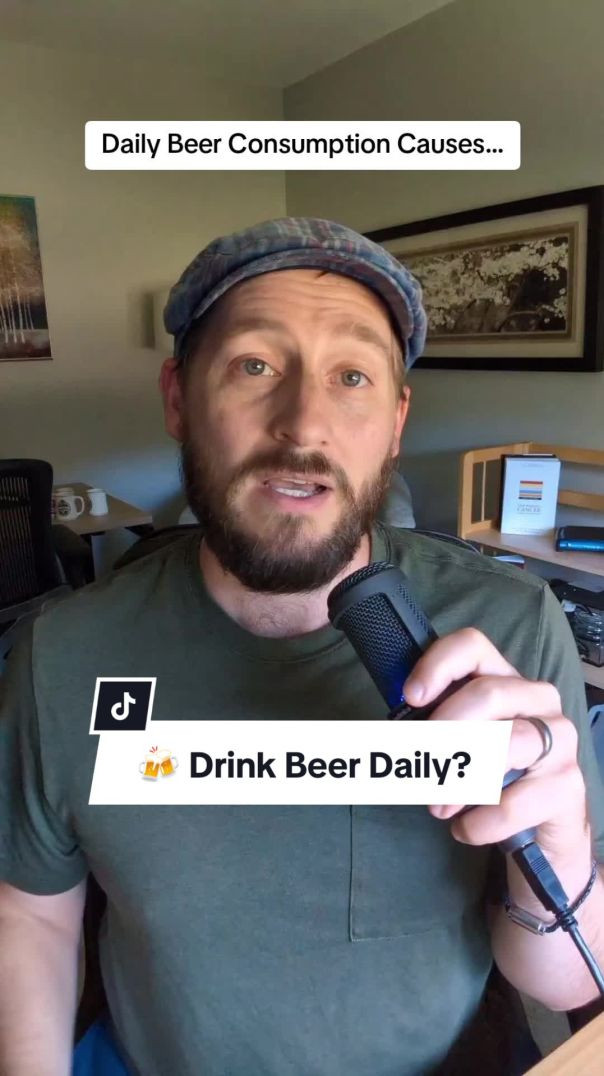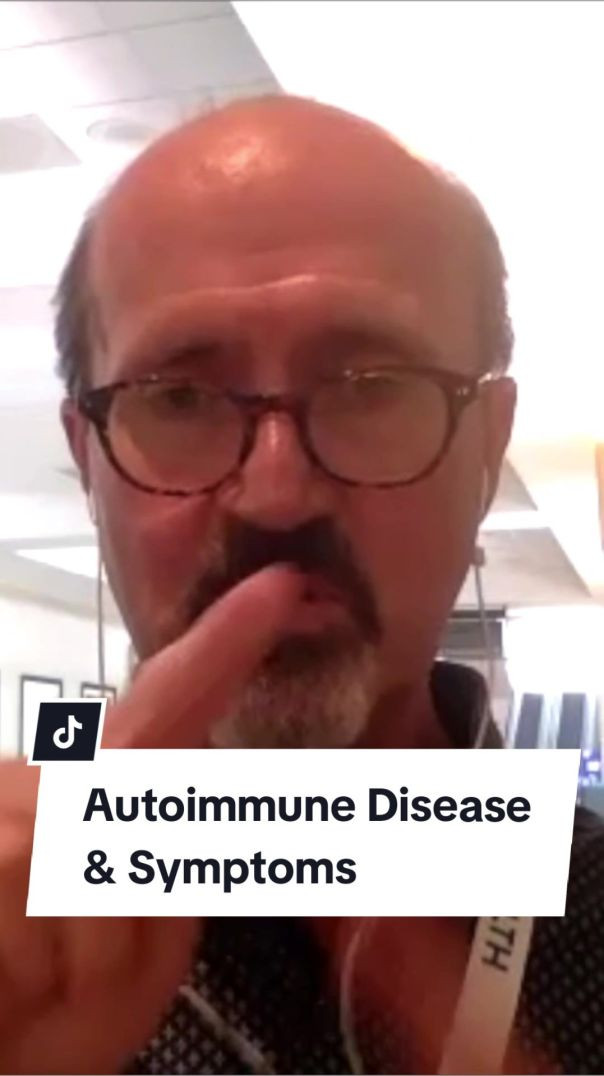Shorts skab

Do you drink beer every day?
Have you ever wondered what daily beer consumption does to your body? Let’s break it down. Regularly indulging in beer introduces a significant amount of non-nutritive calories into your diet, which can cause your blood sugar levels to spike quickly. This not only adds extra pounds, particularly around your midsection, but also increases your risk of metabolic issues.
Consistently drinking beer can also overwhelm your liver -- as if you didn't already know that. Over time, this can lead to the buildup of fat in your liver cells, a condition known as...you guessed it: fatty liver disease. If left unchecked, this can progress into more serious liver damage, such as cirrhosis or even liver failure.
In addition, alcohol can have a significant impact on your cardiovascular system. Consuming it daily can elevate your blood pressure, which puts extra strain on your heart and blood vessels. This ongoing pressure increases the risk of developing serious conditions like heart disease, which could eventually lead to heart attacks or strokes.
There’s also a concerning link between daily alcohol intake and cancer. When your body metabolizes alcohol, it produces acetaldehyde, a harmful compound that can cause damage to your DNA. This increases your susceptibility to several types of cancer, including those of the liver, mouth, and esophagus.
Furthermore, alcohol can weaken your immune system. Drinking beer every day makes it harder for your body to fend off infections and slows down the healing process, leaving you more vulnerable to illnesses.
Lastly, the effects of alcohol aren't just physical. Daily beer consumption can take a serious toll on your mental health. Over time, it can contribute to increasing levels of anxiety and depression, and even lead to alcohol dependency.
It’s crucial to be mindful of how alcohol impacts your overall health. Stay informed, and take steps to prioritize your well-being.


Do supplements ever expire?
Yes...and no!
We're always adding soon to "expire" products to our fire sale on our store 🛒 https://shop.connersclinic.com/firesale
Go check out the best deals around for top-quality nutrition from a trusted source 💚

Do you have to use Gold Roast coffee for a coffee enema?
https://shop.connersclinic.com..../products/s-a-wilson

Addressing the cause of your #autoimmunedisease will allow your body to function properly and do what it's supposed to do: fix itself!
That is how you make the symptoms go away. If you start by treating the symptoms first, you're not addressing the cause, and the cycle of sickness will never end.
#fibromyalgia is a symptom.
#depression and #anxiety are symptoms.
#constipation is a symptom.
#memoryissues and #brainfog are symptoms.
#migraines are a symptom.
#guthealth issues are a symptom.
#connersclinic #podcast #holistichealth #healthylife #diet #nutrition #functionalmedicine
See the full interview with Dr. David Bilstrom at ConnersClinic.com/45


